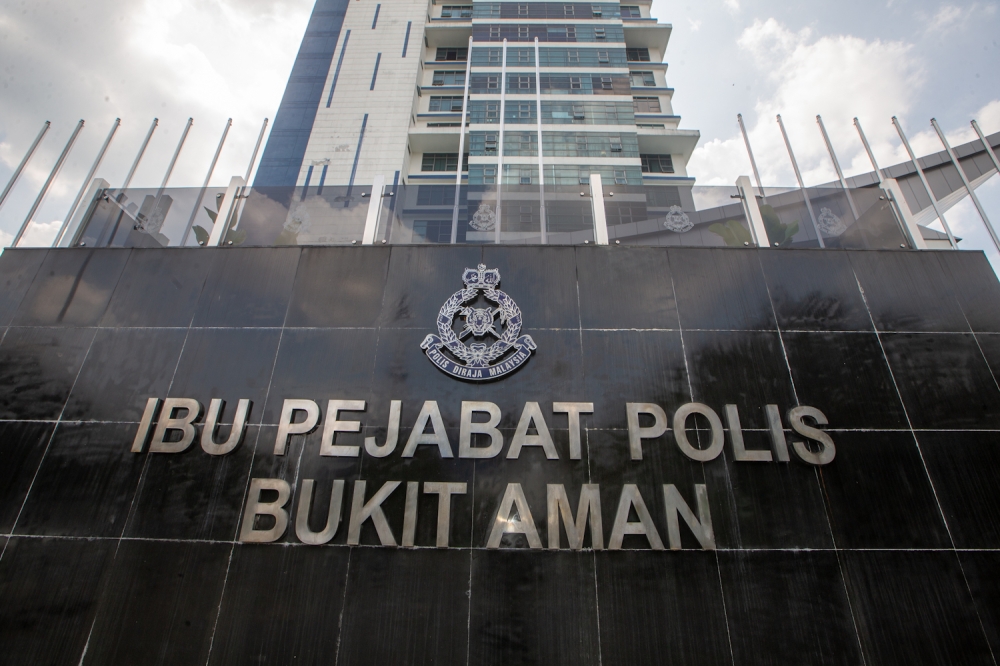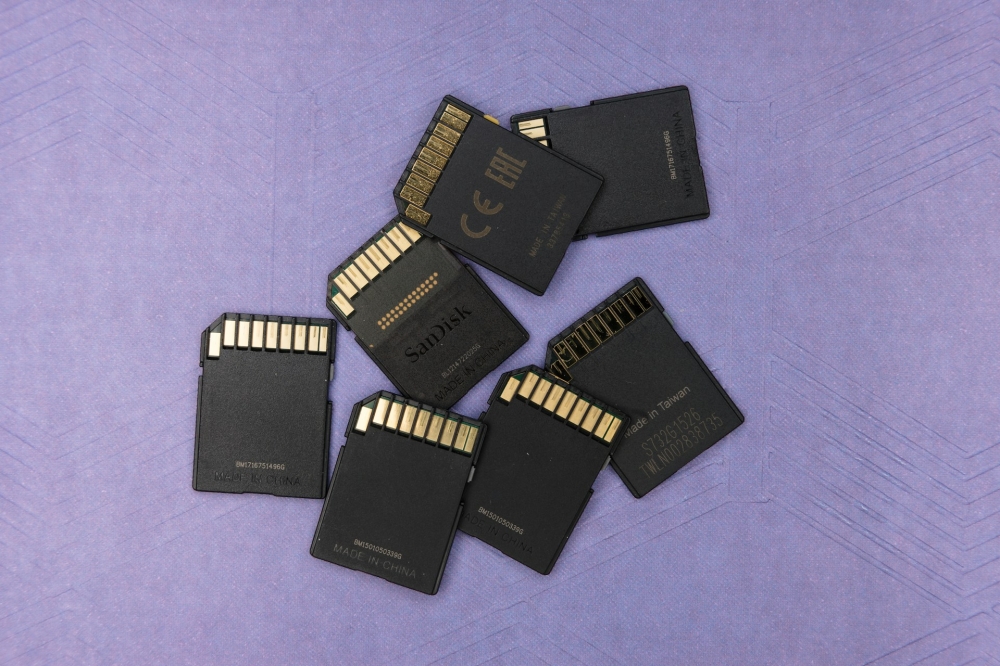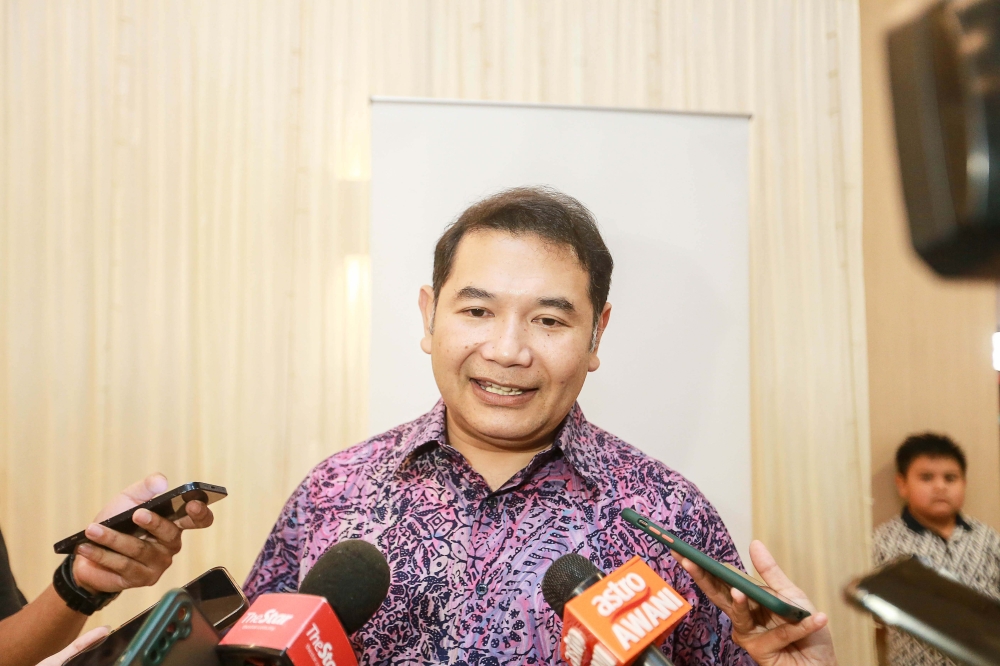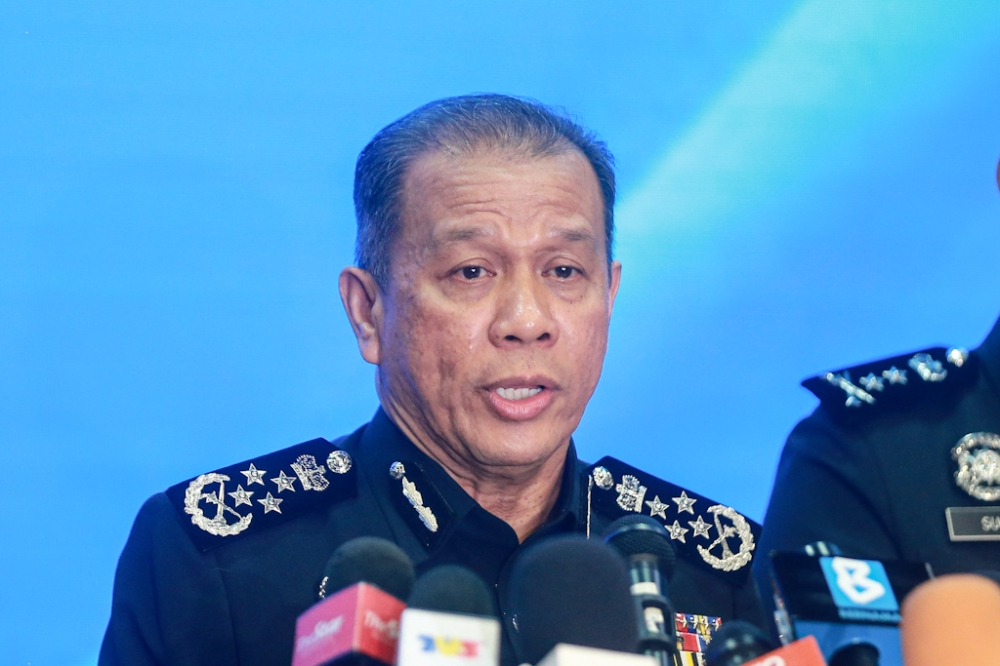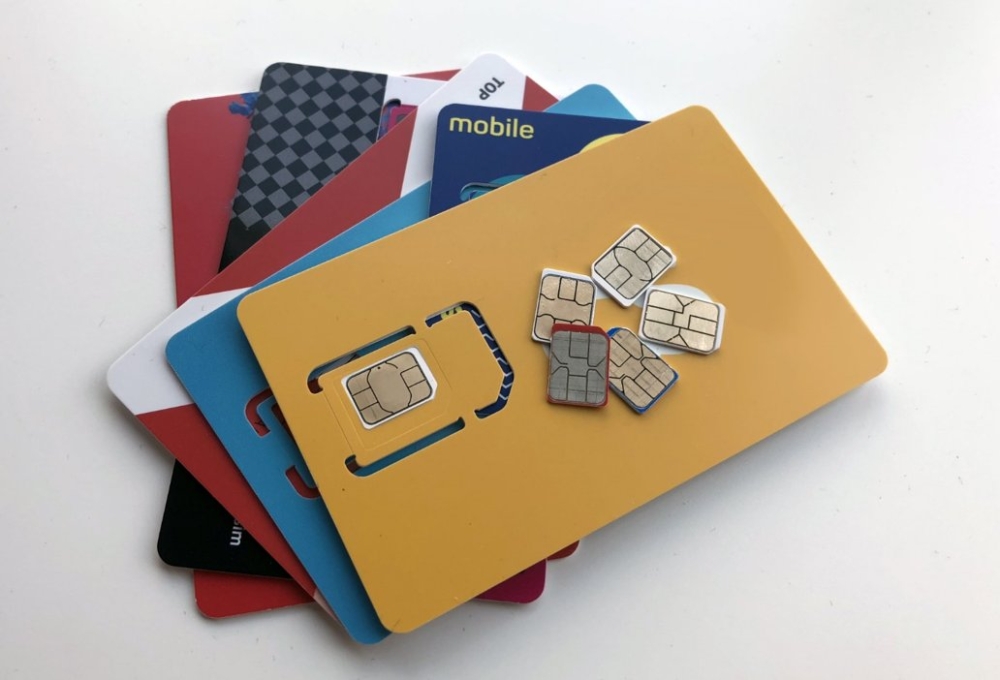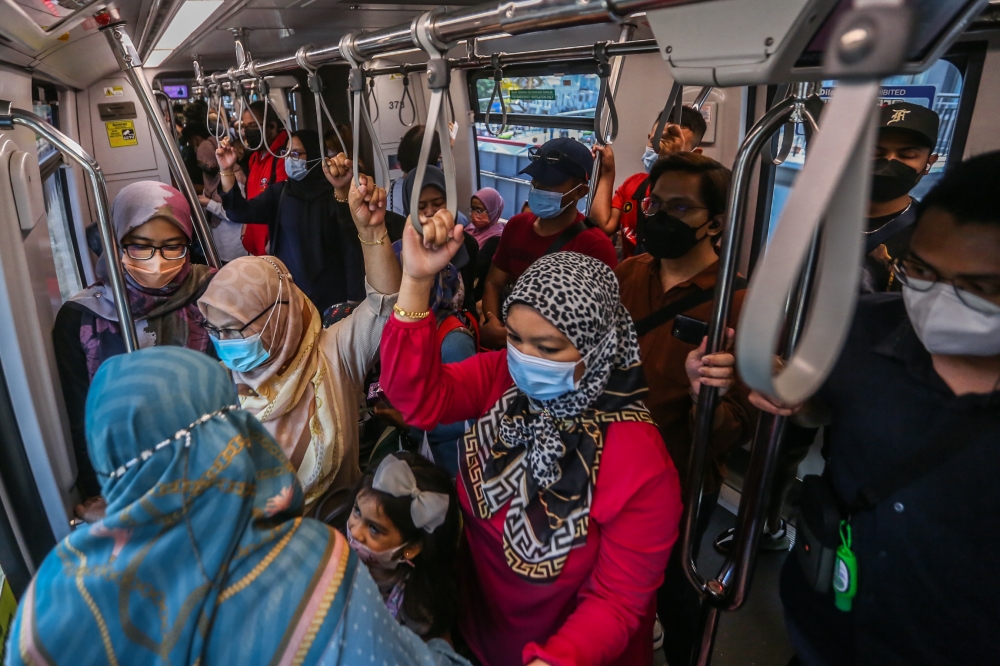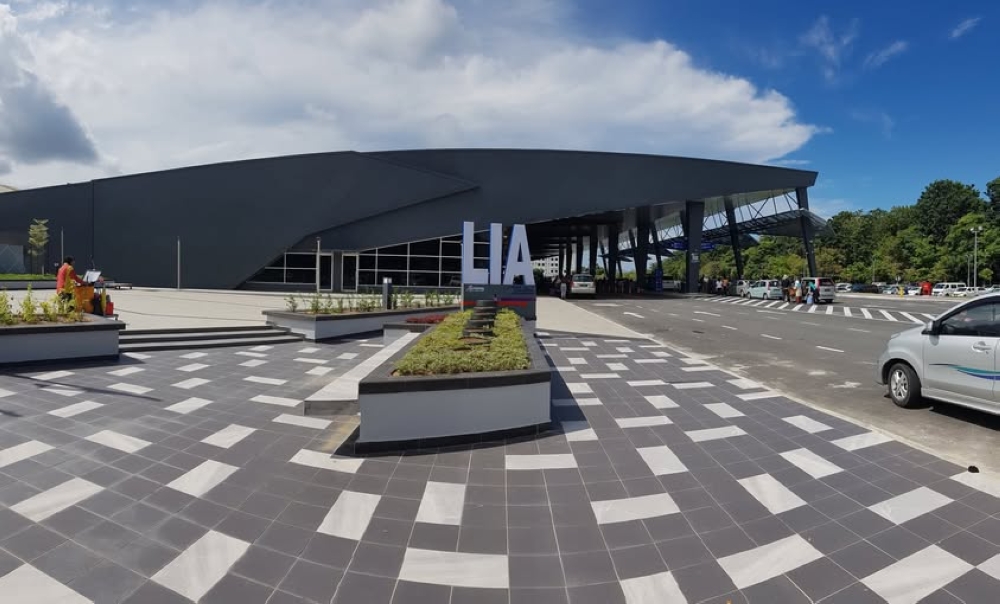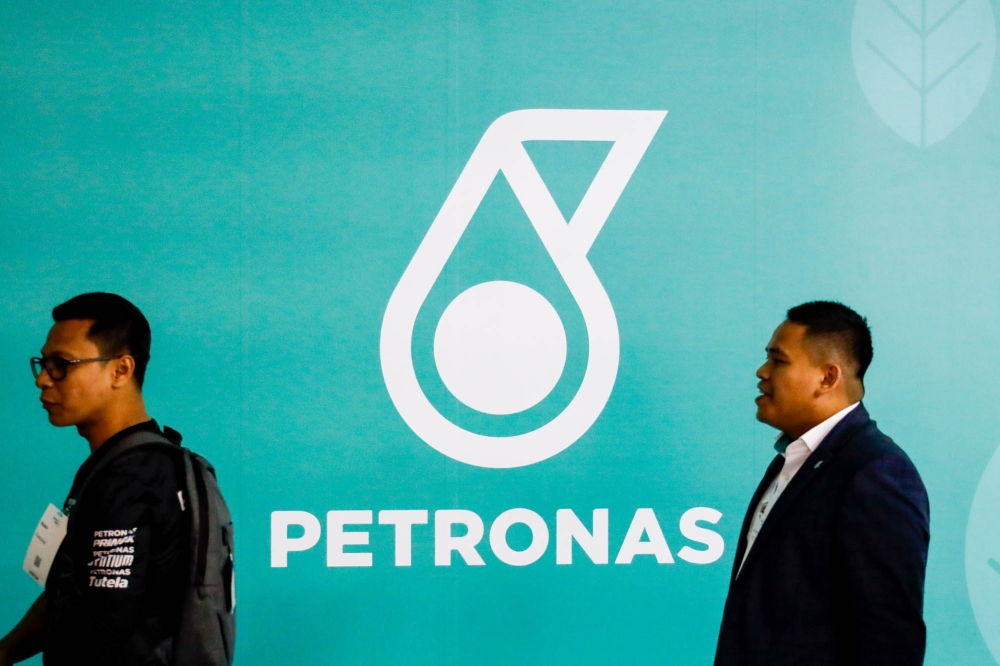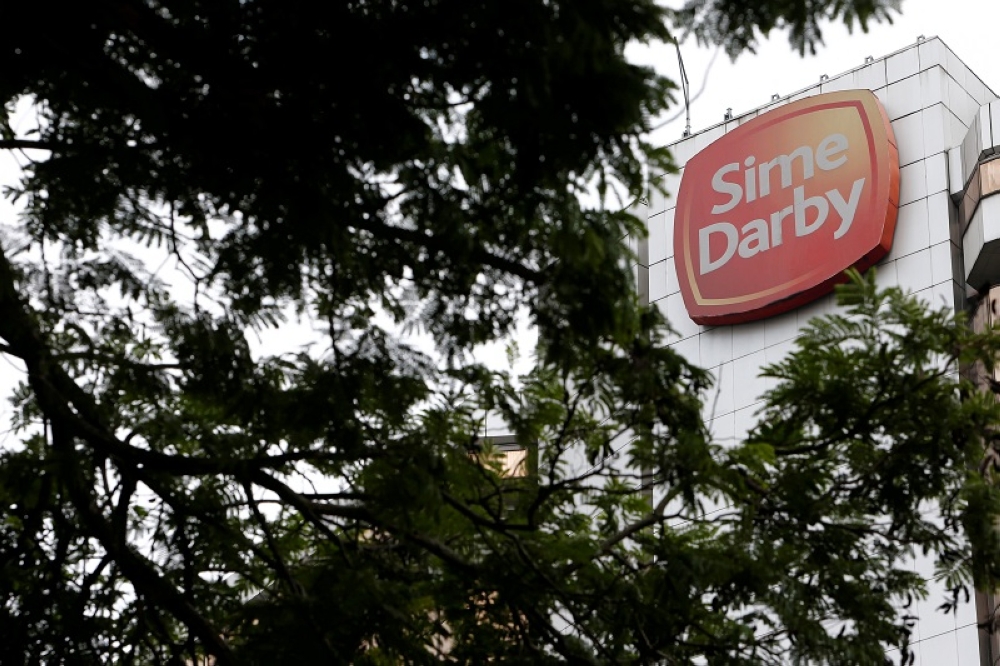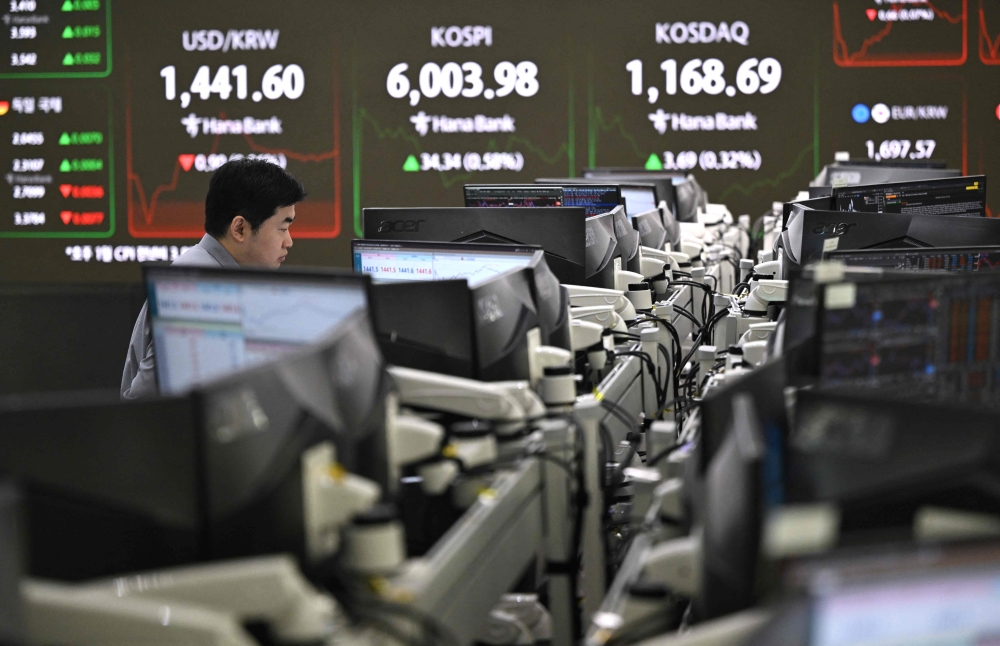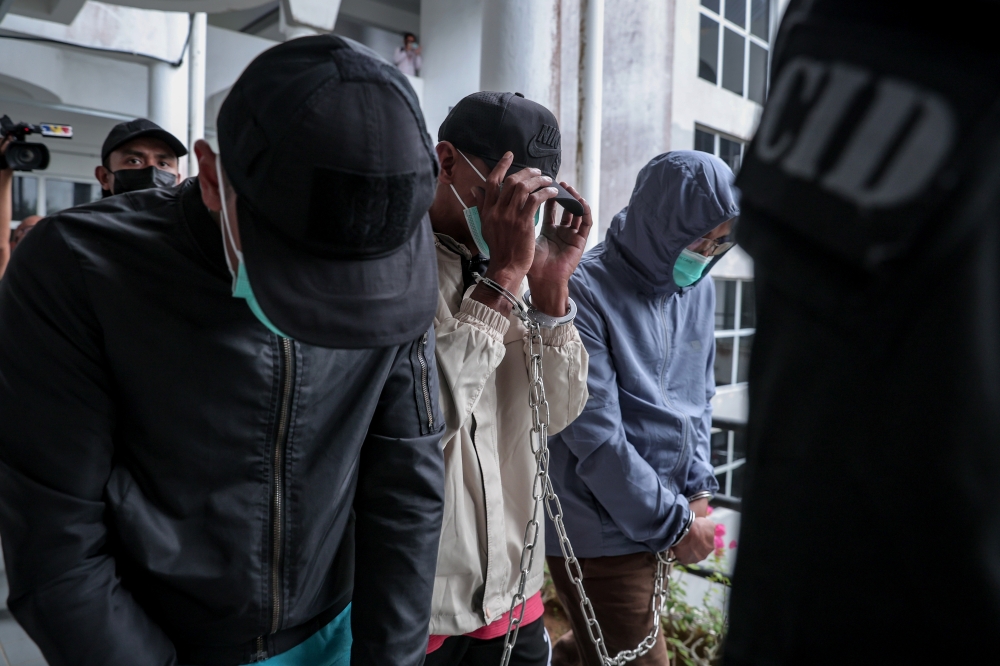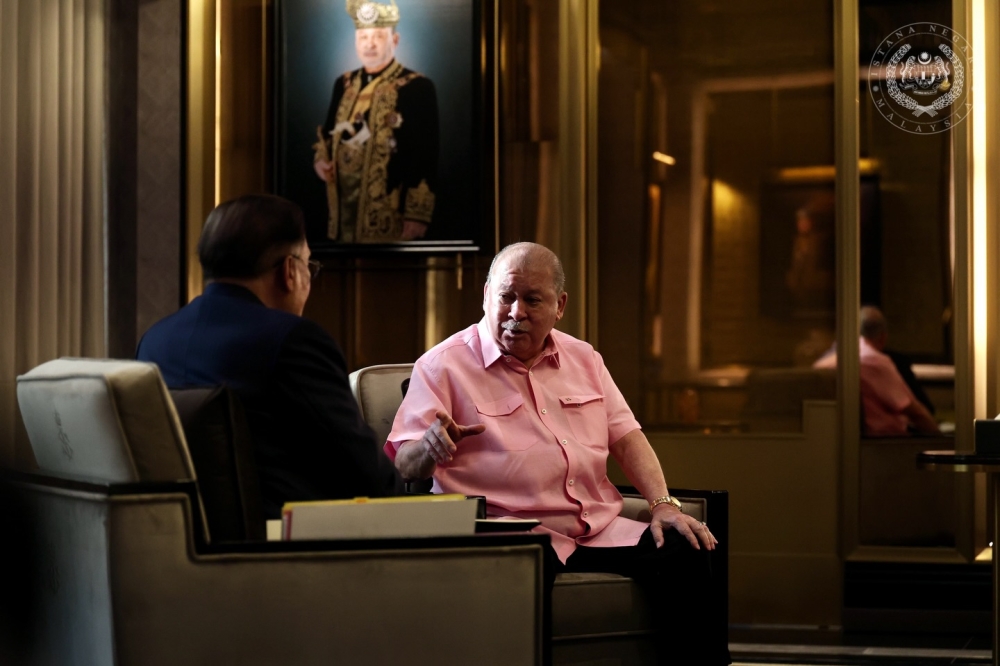KUALA LUMPUR, May 18 — Bank Islam Malaysia Bhd will begin the first phase of the iTEKAD micro-financing programme in July with a zakat allocation of RM300,000 targeted at 100 recipients.
iTEKAD is a social finance initiative targeting micro-enterprises owned by the bottom 40 per cent household income (B40) and asnaf entrepreneurs, which gives them the opportunity to receive Islamic social finance fund (such as zakat, waqf and sadaqah) and business development training to help them amid the Covid-19 pandemic.
Chief executive officer Mohd Muazzam Mohamed said for a start, in addition to microfinancing as working capital, iTEKAD would use zakat fund to be contributed to eligible recipients for the purchase of business equipment after the pandemic.
“iTEKAD will involve collaboration by Bank Islam with selected implementation partners such as the state Islamic religious councils and SME Corporation Malaysia (SME Corp),” he said during a webinar organised by the World Bank Group Knowledge & Research Hub in Malaysia and the World Bank Finance, Competitiveness & Innovation Global Practice today.
Mohd Muazzam was a guest speaker who discussed “the Roles of Islamic Social Finance for Micro, Small and Medium Enterprises (MSMEs)”.
Additionally, he said, iTEKAD involved on-boarding and educating recipients as well as monitoring their business progress and success which would be undertaken in collaboration with implementation partners.
Mohd Muazzam said Bank Islam was allocating RM5 million from Bank Negara Malaysia’s Micro-Enterprise Facility Fund for this micro-financing programme.
Eligible applicants, who meet the asnaf criteria guided by the Shariah rules and principles, would benefit from a provision of RM300,000 zakat fund from Bank Islam, he said.
Other guest speakers for the webinar included the United Nations Development Programme (UNDP) senior advisor Aamir A. Rehman and the Prime Minister of Malaysia’s special advisor on public health, Tan Sri Dr Jemilah Mahmood.
The webinar discussed how various Islamic finance instruments could be used to support the recovery efforts in different countries, with a particular focus on those with significant or growing Islamic financial sectors. — Bernama

